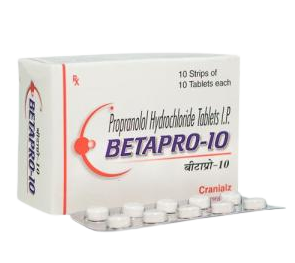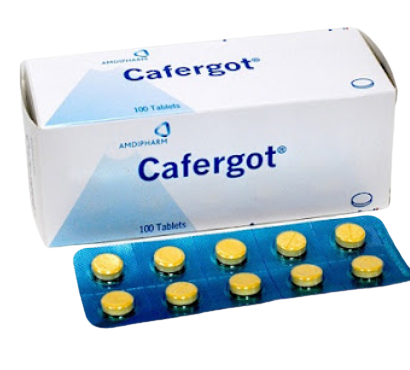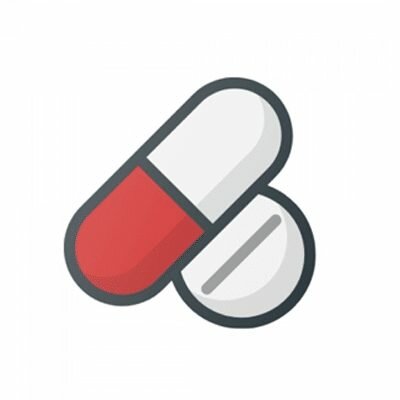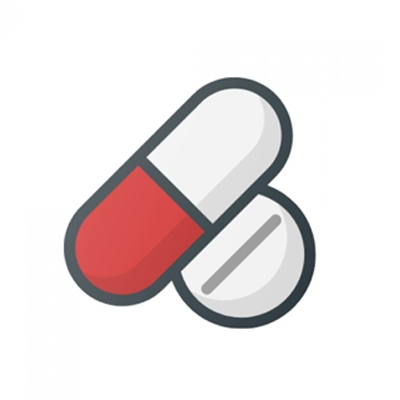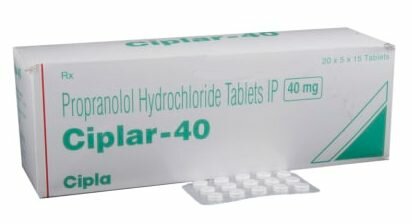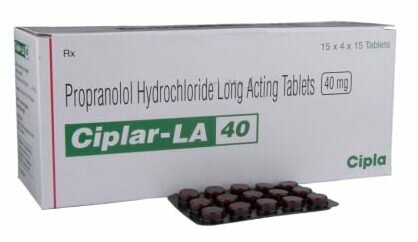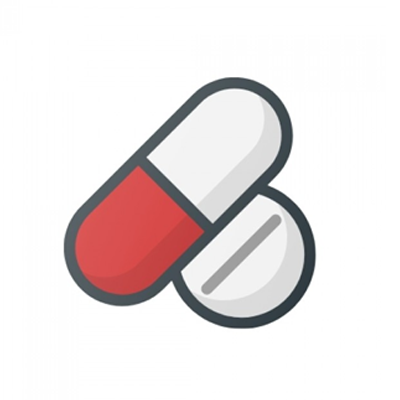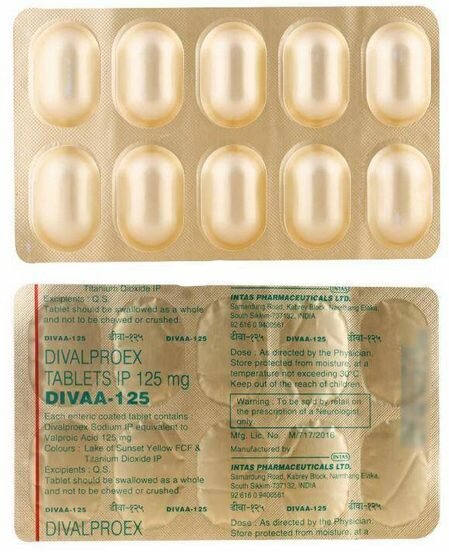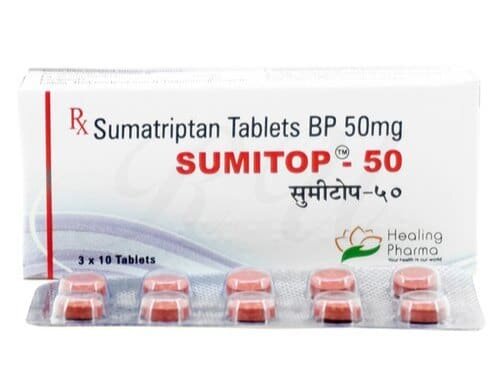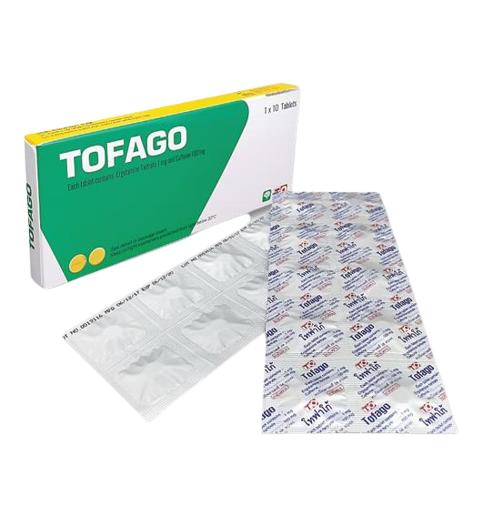Migraine
Showing all 14 results
Migraine medications
Migraine is a serious, potentially life-threatening neurological disease that affects nearly 36 million Americans, most of whom are women. The American Migraine Foundation estimates that one in every four American households has at least one member with migraine. The hallmark symptom of migraine is an escalating, often unbearable, debilitating headache commonly described as intense throbbing or pulsating pain in one area of the head. The pain may be accompanied by extreme sensitivity to light and sound, nausea, and vomiting. In some people, migraines are preceded by visual disturbances known as auras that may include flashing lights, zigzag lines, or temporary blindness.
Migraine medications do not cure migraines. Instead, migraine drugs treat the symptoms using one of two approaches. Some migraine drugs relieve symptoms. Other migraine drugs are used to prevent a migraine attack.
Many migraine sufferers rely on simple pain relievers to get through an attack. These range from over-the-counter analgesics like acetaminophen to anti-inflammatories like naproxen or ibuprofen (Motrin) to prescription barbiturate combinations and narcotics. While this type of treatment provides relief, it doesn't target the physiological processes that underlie a migraine attack.
Migraine symptoms occur, in part, because of the dilation of blood vessels in the brain. Until recently, migraine sufferers had few choices when it came to drugs to counteract this effect. But newer migraine drugs known as triptans cause constriction of blood vessels and bring about a general interruption in the chain of chemical events leading to a migraine.
At some point, a migraine sufferer may need to move on to preventative therapy. This usually becomes necessary when migraine attacks happen more than once a week and/or abortive medications fail to work more than half the time.
No migraine drugs specifically prevent migraines. But many drugs used for other conditions can help keep migraines at bay. These include certain blood pressure medications as well as some antidepressants, anti-seizure drugs, and herbals.
Ref. https://www.rxlist.com/migraine_medications/drugs-condition.htm

